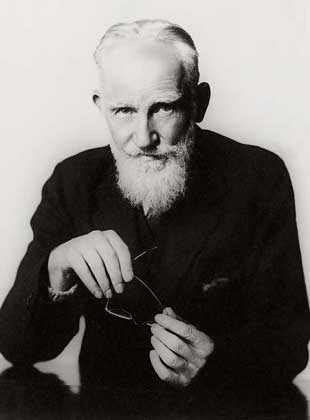Today is the birthday of the literary character Harry Potter and Harry's creator: J.K. (Joanne Kathleen) Rowling. The British author was born on July 31, 1965.
The idea of a story about boy wizard came to Rowling one day on a long train ride from Manchester to London in the Summer of 1990. It took seven years, however, to bring Harry Potter to life in a published book. After rejections from several publishers, Bloomsbury Children's Books published Harry Potter and the Philosopher's Stone in June 1997.
After the publication of Philospher's Stone, success and awards came fast for Rowling. She sold the American rights to her books to Scholastic Books, and quit her job teaching French to write full time.
Sales of the seven books in Harry Potter saga have reached unprecedented numbers. Unbelievably, Harry Potter titles are number one, two, and three on the Amazon.com bestseller list for the decade (2000-2005). Potter books have sold more than 300 million copies and have been translated into more than 30 languages (1).
In 2003, Rowling achieved the rare distinction of having one of her coined words added to the Oxford English Dictionary (OED) -- a very rare achievement for a living author.
The word is muggle, defined as:
a person who possesses no magical powers. Hence in allusive and extended uses: a person who lacks a particular skill or skills, or who is regarded as inferior in some way.
The editors of the OED had little choice but to include the word in the dictionary after considering the seemingly universal popularity of Rowling's books and the fact that the word was being used everyday by people all over the world. A similar feat was accomplished by JRR Tolkien when the OED included his word "hobbit" in the 1976 edition of the OED. Tolkien, however, had died before seeing his word in the dictionary.
Today's Challenge: I Put a Spell on You
The made-up language of spells in J. K. Rowling's books is not a totally random creation. Hidden in the spells are word parts that resemble Latin and Greek roots. Given 7 roots below, along with the Potter spell, and common English words with the same root, see if you can identify the English translation of each root.
1. Root: LEV Wingardium Leviosa! Common Words: lever, elevator, levee, elevate
2. Root: LOCO Locomotor Mortis! Common Words: locomotive, locate, dislocate, allocate
3. Root: PEL Expelliarmus! Common Words: propel, expel, repel, compel
4. Root: LUM Lumos! Common Words: illuminate, lucid, bioluminescence, elucidate
5. Root: FID Fidelus! Common Words: confide, confidence, fidelity, infidel
6. Root: PATR Expecto Patronus! Common Words: paternal, patron, patronize, patriot
7. Root: FIN Finite incantatem! Common Words: infinite, define, affinity, infinitesimal
A. To Push
B. To Raise Up, Make Lighter
C. Trust
D. Father
E. Place
F. End or Limit
G. Light (3)
Quote of the Day: The book is really about the power of the imagination. What Harry is learning to do is to develop his full potential. Wizardry is just the analogy I use. --J. K. Rowling
Answers: 1. B. To Raise Up, Make Lighter 2. E Place 3. A To Push 4. G Light 5. C Trust 6. D Father 7. F End or Limit
2 - 'Muggle' Goes Into Oxford English Dictionary. BBC Newsround 24 March 2003. http://news.bbc.co.uk/cbbcnews/hi/uk/newsid_2882000/2882895.stm
3 - Resource Room: Free-spirited Structured Multisensory Learning. Reading Comprehension. Vocabulary words parts index (Greek and Latin Roots) http://www.resourceroom.net/comprehension/wordparts/index.asp






